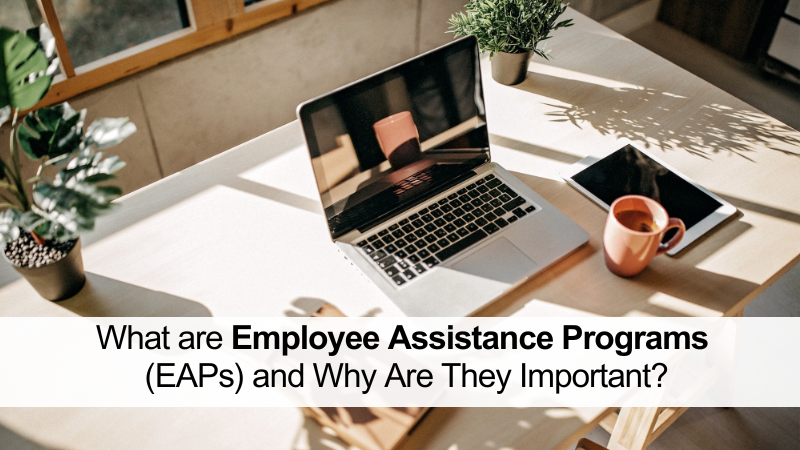Why do you need to know Burnout? Because it is going to impact you. It is a new mental health classification and a diagnosis that is specific to workplaces. What does it mean to you, your organisation, and your employees?
Burnout is becoming so common, some people call it a public health crisis. It is now included in the 11th Revision of the International Classification of Diseases (ICD-11) as an occupational phenomenon. Burnout now matters as a health problem attributable to places of work.
The ICD-11 defines it as a syndrome “…resulting from chronic workplace stress that has not been successfully managed.” It is characterised by three dimensions:
- Feelings of energy depletion or exhaustion;
- Increased mental distance from one’s job, or feelings of negativism or cynicism related to one’s job; and
- Reduced professional efficacy
Burn-out refers specifically to the phenomena in the occupational context and should not be applied to describe experiences in other areas of life.
We know what the causes are, we know the treatment approach and we know the risk factors. The challenge is to know what help you can access so that more workplaces have safeguards in place in the same way we have safeguards to successfully manage physical safety These physical safety safeguards are well understood, used and supported by legal sanctions.
The World Health Organization has started developing evidence-based guidelines on mental well-being in the workplace. I am optimistic that these guidelines will drive a broader approach and a different attitude to mental wellbeing in the workplace.
It is very common for people to not even know they are on the slippery slope to burnout until it is too late. Employers can be caught out with declining performance from key staff, repeated health problems and crises, and not recognise they have the power to change their key performance metrics. ACT and Mindfulness training are preventative strategies against burnout, employers can mitigate risks of burnout by introducing ACT and mindfulness training in the workplace.
ACT and Mindfulness training are at the forefront of new ways to foster mental wellbeing in the workplace. Using ACT and Mindfulness for mental wellbeing is similar to managing physical safety requirements where:
- Workers dealing with physical hazards have a responsibility to identify and report risks
- Take adequate precautions and to work safely; and,
- Employers are required to provide safe equipment and workplaces
Why should employers take measures to protect the mental health and wellbeing of their workers? There are at least two reasons. Employers benefit from higher productivity if the workplace fosters mental health and wellbeing. Employers also have a duty to provide fair conditions of work and to protect staff from hazards.
Currently, mental health and wellbeing in the workplace relies on staff self-identifying their need for EAP support. Once that happens, there are good systems of providing mental health and wellbeing supports. Of course, the situation is different for critical incidents where workers, who have experienced traumatic incidents, will be actively encouraged to use EAP services. But burnout is insidious and not necessarily linked to a specific incident.
If the workplace is an environment associated with stress and burnout, the employer needs access to strategies to assess this as an organisational risk. ACT Curious EAP offers Managers Assist where we listen to issues and help come up with training and solutions, mindful employee training and Acceptance and Commitment Therapy. As employer you have nothing to lose and everything to gain by contacting ACT Curious EAP for a confidential discussion about the risks and consequences of burnout and your options going forward.
Contact ACT Curious for an in-depth discussion about what you can do.
CONTACT US
If you want additional support, ACT Curious can connect you to a behavioral therapist that meets your needs. You can get started today if ACT Curious EAP is offered by your employer.
DISCLAIMER: The content of this blog is not intended to be a substitute for professional medical advice, diagnosis, or treatment.
ABOUT THE AUTHOR
Michelle Trudgen Clinical Director, ACT Curious.
copyright: 10th December 2019






